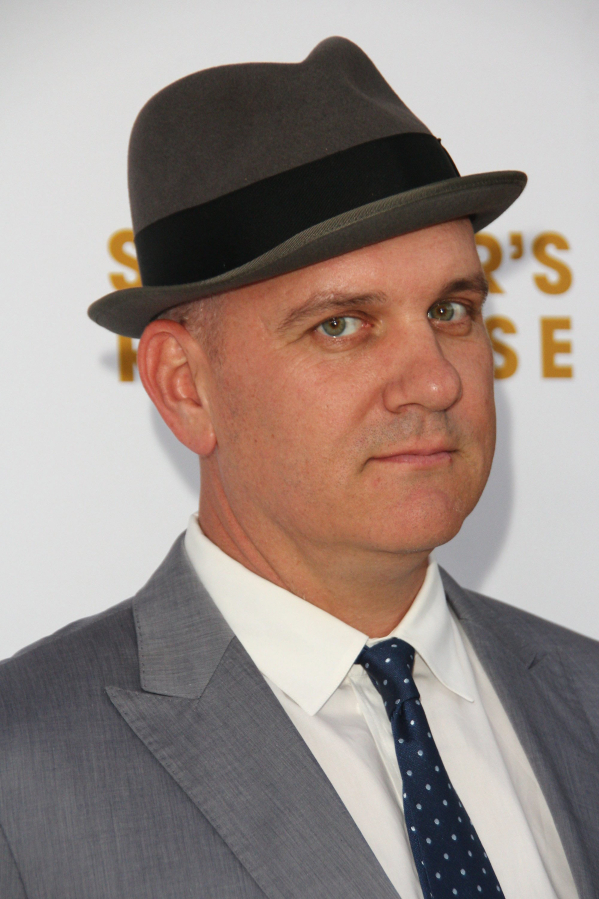The key to a great television show is a great writers room. For a show such as Starz’s “Survivor’s Remorse,” currently in its third season, “great” means much more than talent. For the show’s creator, actor-writer Mike O’Malley, it means diversity — in age, race, religion and gender, among other things — and authenticity.
“Not only was it intentional to find younger writers and people of color who could write about what people in their 20s are going through — which is four of the five main characters in the show — (but it was critical having them) talk about what’s important to them, as relatable to these characters,” he said.
And that means, says the self-described “white, Irish Catholic with three kids,” sitting back and fostering a space where the young folk and those of different backgrounds have room to meaningfully contribute to a show about a black family.
“Survivor’s Remorse” follows the sudden prosperity of the Calloways when Cam, played by Jessie T. Usher, is signed to a major basketball team. Uprooted from the projects of Boston and plopped in the high-rises and suburbs of Atlanta, Cam brings along his cousin-manager (RonReaco Lee, “Let’s Stay Together”), mom (Tichina Arnold, “Everybody Hates Chris”), older sister (Erica Ash, “Real Husbands of Hollywood”) and his cousin’s wife (Teyonah Parris, “Dear White People”).



